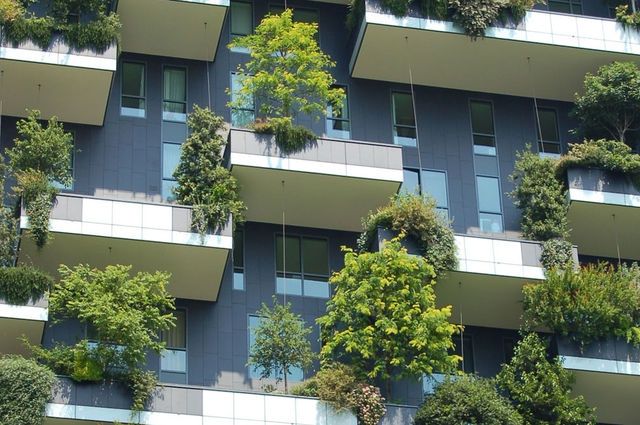Climate Emergency And The Hospitality Industry: Are We On Track?
14 experts shared their view
The hotel industry must reduce its greenhouse gas (GHG) emissions per room per year by 66% by 2030, and 90% by 2050 (see ITP, 2017). However, looking at 10 of the largest hotel companies, only one sets a goal that is in line with the science-based targets. Decarbonization has long become an integral part of risk assessment in other industries. Considering the current growth in hotel supply, the industry has already committed future carbon dioxide emissions via (often) poorly designed and air-conditioning hungry new properties. What drives the lack of commitment in the hospitality industry? What keeps developers and investors away from building a carbon-neutral future? What are the main obstacles ahead? What can the industry do better and how?
We are far from being on track, and from my 11 years of operational sustainability experience in hotels, things have hardly changed since my beginnings. How so? An obvious lack of group strategy, coupled with the absence of tangible KPIs (i.e. CO2-e/room-night, KwH/guest-night) attached to verified reduction targets, no accountability on sustainability performance metrics from high-level executives, short-termism at the operation level (Hotel GMs stay for 4y max), and a cruel absence of resources (money, people, time) allocated for impactful projects are the main reasons for the industry to be so far behind.
Generally, there is an important misunderstanding from the industry about the link between sustainability and risk management, or how the mis-management of natural resources in destination hotels operate in will unavoidably badly impact their own top-line.
Things cannot change fast enough if hotel and culinary schools do not embed sustainability in the educational system in a much more extensive and practical way. I often get master students as trainee who have hardly attended any class on the topic. And as employees get often no exposure to what sustainability programs are in place while working, chances for a change of mindset are slim.
Finally, the huge gap that exists between the official discourse by Corporate Sustainability (and Communication!) Executives, and the sad reality of operations highlights the fact that cosmetic changes ("Skip the straw") is what prevails now.


